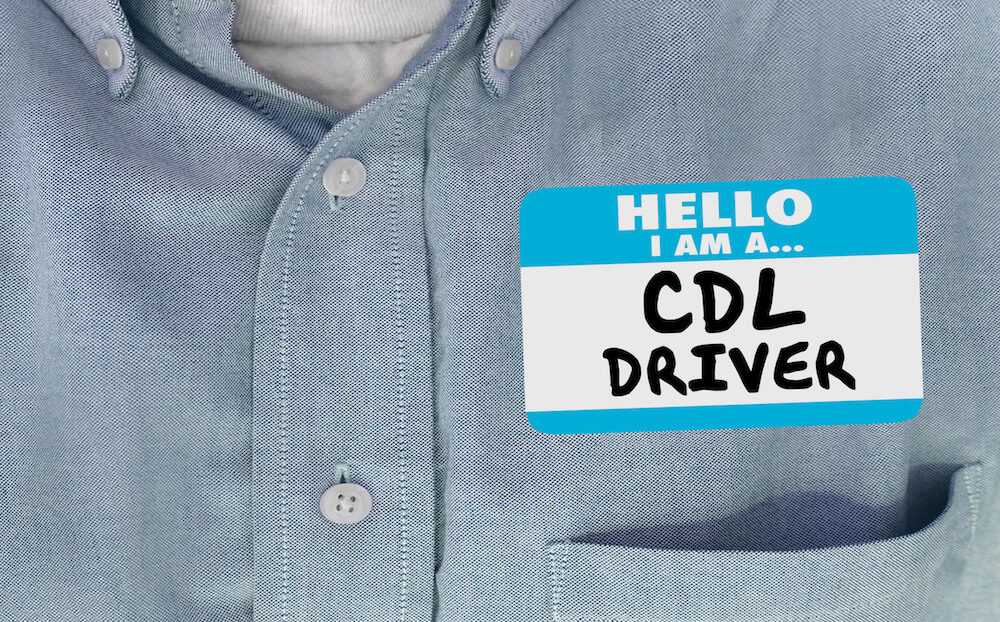Starting on January 6, 2020, the Federal Motor Carrier Safety Administration (FMCSA) will operate a Drug & Alcohol Clearinghouse to better track drivers who violate substance use policies – the goal of the program is to improve public safety. The FMCSA Clearinghouse will contain information related to violations of the United States Department of Transportation (DOT) drug and alcohol policy as well as test results from random, return-to-work, pre-employment, and other categories of drug and alcohol testing. We’ll explain what owner-operators need to know about their Clearinghouse requirements.
Who must use the new FMCSA Clearinghouse?
All employers in the transportation industry regulated by the FMCSA must abide by Clearinghouse requirements shortly after the start of the new year. This requirement also extends to the following parties:
- Consortia and third-party administrators
- Medical review officers
- Substance abuse professionals
- Other service agents
These parties must report violations of the alcohol and drug policy found under the 49 Code of federal regulations, specifically parts 382 and 40. Before clearing a driver to complete a new route, employers must check the driver’s Clearinghouse records for drug and alcohol violations. Additionally, the FMCSA and DOT require employers to check the Clearinghouse at least once a year to search for violations for every driver they currently employ.
Goals of the Clearinghouse program
While the overall goal of releasing the Clearinghouse database and requiring employers to use it is to improve public safety, it also helps to identify drivers who move around frequently from one employer to the next to avoid consequences for impaired driving. If a driver fails to inform a new employer of a violation, the employer can uncover it in Clearinghouse records. Records of driver violations remain in the system for five years from the date of the incident.
What about drivers who work for themselves as owner-operators?
The FMCSA anticipated issues with owner-operators when it created the Clearinghouse program. To ensure that owner-operators receive the same consideration as all other drivers, the organization requires them to designate a consortium or third-party administrator to comply with reporting requirements of the new database.
Known as a C/TPA, consortiums and third-party administrators register and use the Clearinghouse database just like an employer does. Owner-operators must arrange for annual investigation into their drug and alcohol violations with the C/TPA they assigned. Additionally, traditional employers in the transportation industry may assign a C/TPA to conduct search queries and report violations on their behalf. Several parties may use the Clearinghouse for a single employer as long as they have the qualifications necessary to do so.
See what rates you can get for truck insurance.
If you’re in the trucking industry, you know how important it is to stay safe on the roads – and to have the insurance you need to protect your business. By working with our team of transportation professionals, you can get several big rig insurance quotes at the same time to make comparison shopping a snap. Get started with your truck insurance quotes by filling out our online form, giving us a call, or messaging us on LiveChat.
Source:
https://www.fmcsa.dot.gov/regulations/commercial-drivers-license-drug-and-alcohol-clearinghouse
https://clearinghouse.fmcsa.dot.gov/FAQ/Topics/General,Owner-Operators



